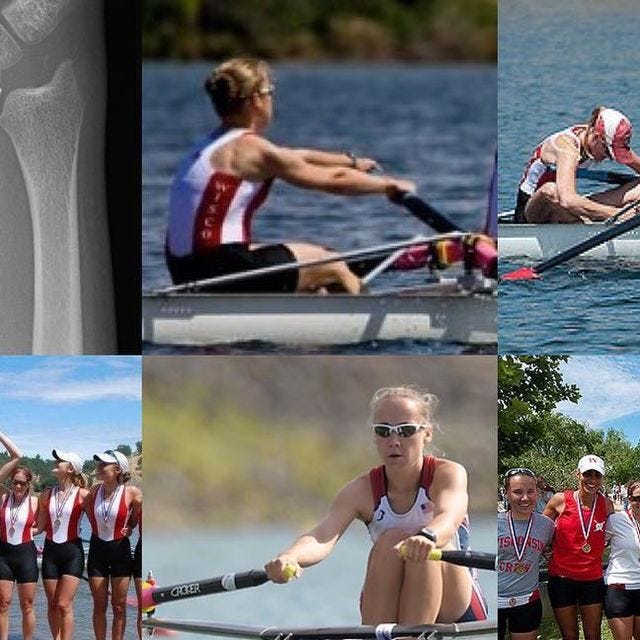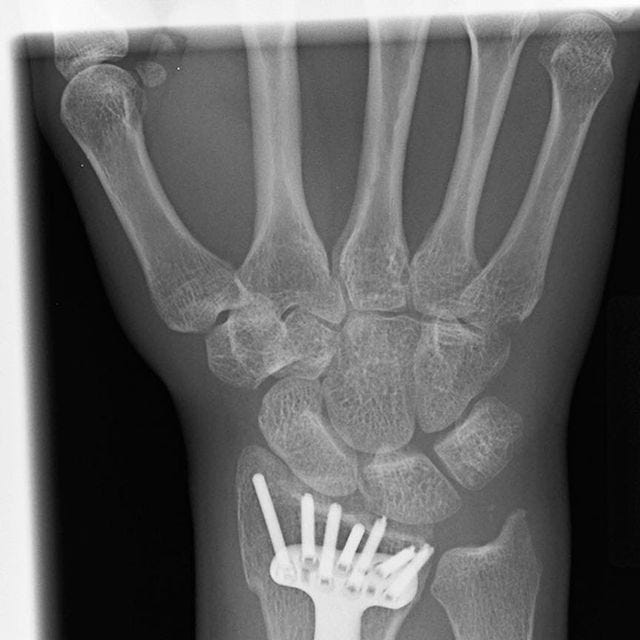Injury as Opportunity
10 mindset exercises to try during Injury
This was originally written by Dani Dewitt as a MindPower coach for RISE Athletes in November 2020.
Being sidelined from sport can often initially seem like a major setback. It all depends on your mindset about the injury. You can look at injury as something bad happening to you, or you can look at injury as an amazing opportunity to spend the most quality time on your mental game. Visualize yourself healing and becoming stronger than ever. Choosing the latter builds resilience in your injury recovery. Consistent, compounding mindset work can make you incrementally better at everything you do in life. That alone is a pretty compelling reason to choose to focus on the mental game.
As sports psychologist Dr. Terry Orlick puts it, “In sport, mental imagery is used primarily to help you get the best out of yourself in training and competition. The developing athletes who make the fastest progress and those who ultimately become their best make extensive use of mental imagery. They use it daily as a means of directing what will happen in training, and as a way of pre-experiencing their best competition performances.”
There are plenty of examples of professional athletes and olympians getting injured and still coming back to have the best performances of their careers, and in many cases, in the same year as the injury. How do they do it?
Dr. J. Jordan Hamson describes it, “When athletes become injured, mental imagery can be used to rehearse skills, to set rehabilitation goals, to promote healing within the body, and to relax when faced with the pain of rehabilitation. Time away from sport can be offset by substituting ‘mental practice’ by visualizing sport skills, rehearsing strategic plays or game plans, and reviewing past successful performances. In injury rehabilitation, imagery aids the athlete to organize goals and provides the motivation to achieve those goals. Each athlete’s focus is productively channeled toward what they can do, as opposed to what they can’t.”
So, if you cannot physically practice or compete in your sport, there are several things you can still do to improve recovery and become the best athlete you’ve ever been.
10 mindset exercises to try during injury:
Create a personal highlight reel in a notebook or folder on your phone, refer to it often, continuously add to it.
Revisit your goals, write them down in detail, envision yourself crushing them.
Create a vision board of where you want to be in 6 months, 1 year, 5 years, etc.
Write yourself affirmation notes on your mirror.
Seek out mentors, meet and talk to athletes and coaches you admire (there’s a lot of inspiration to draw from in other sports too).
Curate a team of people (friends, family, teammates, coaches) around you that believe in your recovery and your potential to be successful in every way.
Read mindset books, consume inspirational videos and podcasts.
Talk with a sports psychologist.
Stay connected with your coaches and teammates while getting involved in new, creative ways. if you are approved for alternative exercise, that can build new skills and confidence.
Practice good nutrition, sleep hygiene, breathing, and mindfulness and allow yourself to take time to relax and do something nice for yourself every day.
The best part of training the mind is that it applies to everything you do going forward, especially when a challenge presents itself. I’ll leave you with one last quote from Dr. Orlick, “A refined ability to learn from failure and to grow through losses is necessary to achieve excellence in any human endeavor.”
Do you have other imagery and visualization ideas? Share them with us! #riseathletes



